IDPP Executive Director Dr. Derrick Cogburn (center right), PAHO Regional Advisor on Emergency Preparedness and Disaster Risk Reduction Dr. Alex Camacho (left), Mr. Jonathan Lang, Manager of Health Data at Special Olympics International (right), and Ms. Jisoo Kim, Emergency Health Information Specialist at PAHO (center left).
On March 20, 2019, IDPP Executive Director and Kogod School of Business Professor, Dr. Derrick Cogburn, led IDPP staff and students in the M.S. Analytics program in an exciting site visit to the World Health Organization’s Regional Office for the America's Pan American Health Organization’s (PAHO) headquarters.
Dr. Cogburn’s students are currently analyzing health data from Special Olympics International and IDPP is exploring a multi-faced partnership with PAHO.
The site visit included presentations by leading data analysis and governance experts from organizations including PAHO, Special Olympics International, and the Foundation for Defense of Democracies. Students also experienced what data analysis during a disaster is like through a hands-on simulation.
"The entire site visit was incredible,” said IDPP Research Associate Nathan Banks. “I’m fascinated by the internal processes organizations like PAHO use. I’m so grateful to have been able to see what this line of work is like firsthand.”
Yaya Fanusie giving opening remarks before his presentation on data and financial intelligence.
Speakers and Topics
A keynote address by Yaya Fanusie, a senior fellow at the Foundation for Defense of Democracies, kicked off the day’s events at AU before the site visit. Fanusie’s talk addressed the future of data and financial intelligence, including increasingly pressing issues of e-currency, and perspectives on the means of data collection in this relatively new area of study.
At PAHO, participants received warm welcome from Dr. Alex Camacho, Regional Advisor on Emergency Preparedness and Disaster Risk Reduction in the Health Emergencies Department at PAHO.
Mr. Jonathan Lang, Manager of Health Data at Special Olympics, launched into his presentation on “Special Smiles,” a program that provides comprehensive dental health care information, screenings, and hygiene products to Special Olympics athletes. Lang discussed the foundation of Special Smiles, a comprehensive data set on the lives of persons with intellectual disabilities. Given that the Business Analytics students were to use this data set as part of their immersion for their final semester, Mr. Jonathan Lang discussed his role in creating and managing a Special Smiles, a data set only one of its kind.
Nicole Wynter, PAHO Advisor for Program Management and Administration in the Health Emergencies Department, gave a presentation on the importance of engaging in capacity building efforts during peace-time and the scope of the organizations’ role in regional disaster risk reduction.
Students working together on a simulated disaster response situation, taking on the role of a PAHO emergency responder.
Hands-on Simulation
The climax of the day’s activities was a simulation exercise on managing information and data pertaining to disasters or emergency health issues.
A specialist on Emergency Health Information provided students with a step-by-step walkthrough of the data-collection and analysis process conducted by PAHO for the outbreak of yellow fever in South-America.
She emphasized the importance of the progression from data to impact, and how data can be translated, displayed, and distributed in ways that can have as much of a positive impact as possible.
The simulation allowed participants to experience first-hand the challenges of managing incoming data in times of disaster. Participants worked together to organize and track information in real time, and then to present said info back to the coordinators of the exercise.
"No textbooks or classes compare to the experience of being in an actual emergency preparedness room,” said IDPP Research Associate Harshala Chandraiah. “The simulation at PAHO made it clear how important planning is for acting fast and mobilizing resources during a disaster.”
Partnerships with PAHO
IDPP and PAHO are working towards strengthening their collaborative work and partnerships.
Founded through successful initial collaborations such as INGRID-H, IDPP is now working to develop an institutional relationship with PAHO through a Memorandum of Agreement between AU and PAHO.
Similar to IDPP’s MOA with Special Olympics, this institutional relationship hopes to enable collaboration on data analytics, faculty and student research, and paid internships.





